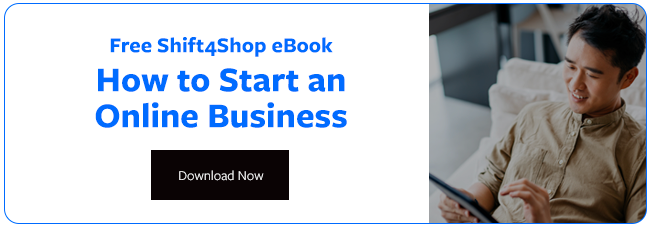How to Start an Online Business in Florida
Steps to start and launch an online business from the ground up

Are you ready to start an online business in Florida? You're in luck, as Florida consistently ranks as one of the best states for business. Of course, this doesn't mean everything will be easy — starting and growing a business is a long process, but there's plenty of opportunity to be had. We've created this guide to help you understand how to start a business in Florida and ensure you begin on the right track.
Florida is very friendly to business, and has a history of innovation that includes everything from NASA to Walt Disney's EPCOT. Naturally, there are still rules and regulations you need to follow, and your business needs a solid foundation built on a detailed plan. This guide will help you with both planning and compliance so you can build and grow your business while avoiding as many problems as possible.
Ready to start? Let's go!








